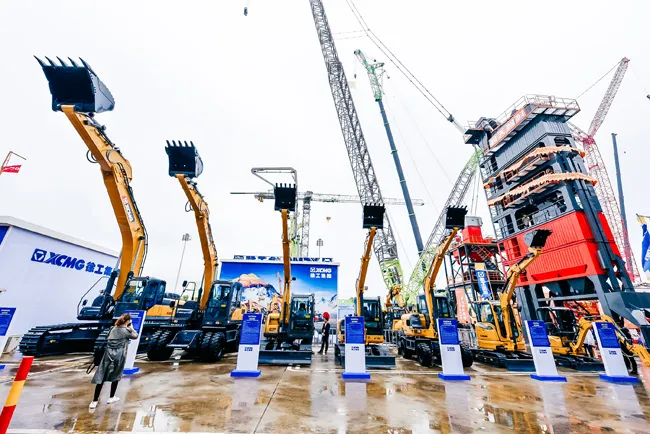A consortium led by Mott MacDonald and including WYG and Atkins has secured a major European Commission contract to help strengthen vital infrastructure work across the Western Balkans. The consortium will provide technical support as part of the Infrastructure Projects' Facility (IPF) of the Western Balkans Investment Framework (WBIF). The IPF prepares priority infrastructure projects in Albania, Bosnia and Herzegovina, Croatia, the former Yugoslav Republic of Macedonia, Montenegro, Serbia, and Kosovo. The
July 2, 2012
Read time: 2 mins
A consortium led by 2579 Mott MacDonald and including 6076 WYG and 3005 Atkins has secured a major 2465 European Commission contract to help strengthen vital infrastructure work across the Western Balkans.
The consortium will provide technical support as part of the Infrastructure Projects' Facility (IPF) of the Western Balkans Investment Framework (WBIF). The IPF prepares priority infrastructure projects in Albania, Bosnia and Herzegovina, Croatia, the former Yugoslav Republic of Macedonia, Montenegro, Serbia, and Kosovo. The WBIF also includes a special support programme for Iceland.
Launched in December 2009, the WBIF pools financial resources from the European Commission, International Financial Institutions (IFIs), and bi-lateral donors to finance projects that are key to socio-economic development in the Western Balkans. The IPF assists with the preparation of infrastructure projects as part of the lending process of the IFIs, and EU grants.
Since 2009 almost US$7.84billion in loans and grants have been made as part of the WBIF programme for essential infrastructure development in the region across four target sectors – transport, energy, environment and social infrastructure.
Mott MacDonald (MM), WYG and Atkins are three globally active companies capable of drawing on the experience and expertise of more than 28,000 qualified and experienced experts worldwide. As part of the IPF the consortium will provide technical support and advice ranging from pre-feasibility and feasibility studies, economic and financial analysis, environmental and social impact assessments, preliminary and detailed design drawings and supervision of works, to assess the technical, economic and financial strength of projects.
Wim Verheugt, MM’s project director, said: “This strategic win underlines our commitment to provide high quality engineering, environmental and management consultancy services over the long-term in the Western Balkans and Iceland and consolidates our presence in south east Europe. As part of the consortium we are committed to leaving a lasting legacy in the region.”
The consortium will provide technical support as part of the Infrastructure Projects' Facility (IPF) of the Western Balkans Investment Framework (WBIF). The IPF prepares priority infrastructure projects in Albania, Bosnia and Herzegovina, Croatia, the former Yugoslav Republic of Macedonia, Montenegro, Serbia, and Kosovo. The WBIF also includes a special support programme for Iceland.
Launched in December 2009, the WBIF pools financial resources from the European Commission, International Financial Institutions (IFIs), and bi-lateral donors to finance projects that are key to socio-economic development in the Western Balkans. The IPF assists with the preparation of infrastructure projects as part of the lending process of the IFIs, and EU grants.
Since 2009 almost US$7.84billion in loans and grants have been made as part of the WBIF programme for essential infrastructure development in the region across four target sectors – transport, energy, environment and social infrastructure.
Mott MacDonald (MM), WYG and Atkins are three globally active companies capable of drawing on the experience and expertise of more than 28,000 qualified and experienced experts worldwide. As part of the IPF the consortium will provide technical support and advice ranging from pre-feasibility and feasibility studies, economic and financial analysis, environmental and social impact assessments, preliminary and detailed design drawings and supervision of works, to assess the technical, economic and financial strength of projects.
Wim Verheugt, MM’s project director, said: “This strategic win underlines our commitment to provide high quality engineering, environmental and management consultancy services over the long-term in the Western Balkans and Iceland and consolidates our presence in south east Europe. As part of the consortium we are committed to leaving a lasting legacy in the region.”







